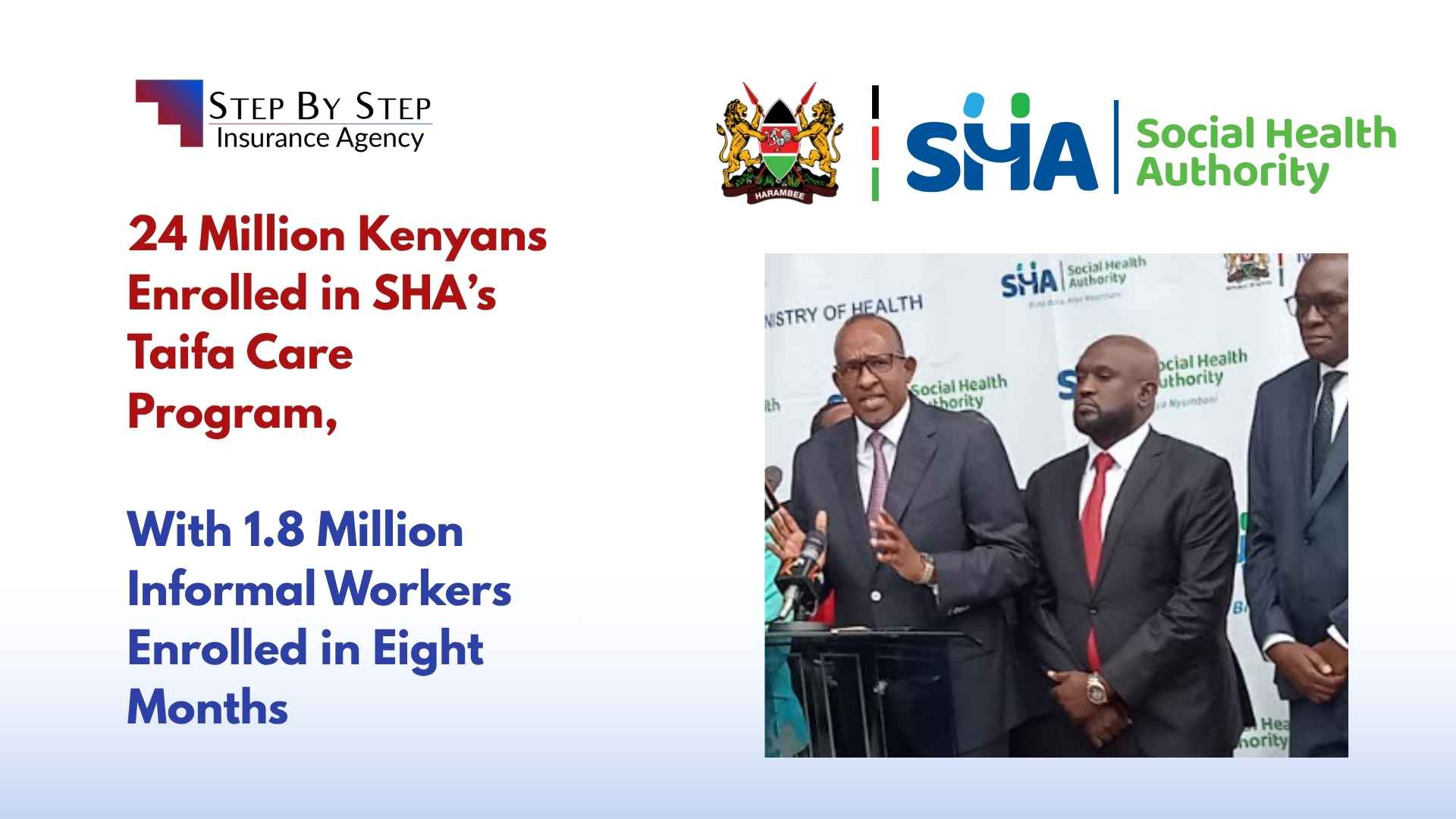Kenyan MPs Advocate for Lifetime Healthcare: A Deep Dive into the Push for Post-Retirement Medical Benefits
Kenyan Members of Parliament are spearheading a critical push to overhaul their medical insurance plans, demanding that healthcare benefits extend beyond their tenure in office. This proposal, debated during a mid-term retreat in Naivasha, has ignited a national conversation about post-retirement welfare not just for lawmakers but for all public servants—and potentially citizens—under Kenya’s evolving healthcare framework. As the government grapples with systemic inequities, this initiative tests Kenya’s commitment to equitable reforms.
The Current State of Medical Insurance for MPs
During a retreat in Naivasha, MPs highlighted the precarious reality of life after office. First-term legislators, in particular, face financial instability due to a lack of structured pension plans and post-retirement medical coverage. Under the current system:
One-term MPs receive only gratuities (lump-sum payments), which pale in comparison to pensions for civil servants under the Social Health Authority (SHA).
Medical benefits under the Parliamentary Service Commission (PSC) cease immediately upon exit from office, forcing retirees to rely on the Social Health Insurance Fund (SHIF) or private insurance.
The Human Cost:
Many former MPs report social isolation and health crises exacerbated by inadequate coverage. “We serve the nation, yet we’re abandoned after our term,” lamented a former legislator who requested anonymity.
Proposed Changes: Bridging the Gap
The draft reforms aim to create a sustainable medical scheme for MPs through:
Monthly Contributions: Legislators would contribute to a dedicated fund during their tenure, ensuring access to premium healthcare post-retirement.
Parliamentary Service Commission Backing: The PSC supports the initiative, framing it as a duty to “honor MPs’ service and safeguard their dignity in retirement.”
Alignment with SHA: The proposal mirrors civil servants’ pensions under SHA, aiming to standardize benefits across public offices.
Key Stat:
Current PSC medical budget: KES 1.2 billion annually (approx. $9.3 million).
Proposed MP contributions: Estimated 5–10% of monthly salaries (KES 35,500–71,000 / $275–550).
Broader Implications: A Model for Public Servants?
The MPs’ campaign aligns with Kenya’s draft Public Finance Management (Public Officers Medical Scheme Fund) Regulations, 2024, which seeks to enhance medical benefits for all civil servants under the Universal Health Coverage (UHC) umbrella. The bill emphasizes:
Lifelong Coverage: Ensuring healthcare continuity for retirees.
Equity: Closing gaps between high-ranking officials and ordinary public servants.
Dr. Elizabeth Wala, Health Policy Expert:
“If designed inclusively, this could catalyze nationwide reforms. But privileging MPs without addressing teachers’ or nurses’ needs risks public backlash.”
Global Lessons: Post-Retirement Medical Funds in Practice
Kenya’s proposal draws inspiration from models like Singapore’s CPF Post-Retirement Medical Scheme, which allows citizens to use savings for retirement healthcare. Key features include:
Annuity Income: Savings are converted into monthly payouts for medical expenses.
Employer Participation: Companies contribute to employees’ medical funds, reducing state burden.
Case Study: South Africa’s Government Employees Medical Scheme (GEMS) covers 1.2 million public servants, with post-retirement benefits tied to years of service.
Challenges and Opportunities
1. Financial Sustainability
MP Contributions: Critics argue that proposed MP payments (5–10% of salaries) are too low to sustain the scheme long-term.
SHIF Integration: Expanding SHIF’s capacity to cover retirees requires tripling its budget, currently strained by low enrollment (only 20% of Kenyans insured).
2. Administrative Hurdles
Fraud Risks: Kenya’s SHIF has faced corruption scandals; robust oversight is critical.
Public Trust: Citizens distrust “elite-first” policies amid rising living costs.
3. Opportunities for Innovation
Public-Private Partnerships: Partnering with insurers like Jubilee or APA could reduce state costs.
Phased Rollouts: Prioritize vulnerable groups (e.g., retired teachers, nurses) before expanding to MPs.
The Role of Post-Retirement Medical Funds (PRMFs)
PRMFs, like those proposed in Kenya, empower individuals to manage healthcare costs through:
Savings Accumulation: Regular contributions during employment.
Flexible Coverage: Retirees choose plans matching their needs, from chronic disease management to emergency care.
Senator Sylvia Kasanga:
“Let’s build a system where MPs’ contributions benefit not just them but subsidize low-income retirees. Leadership means lifting others.”
A Crossroads for Kenya’s Healthcare
Kenya’s healthcare system remains fractured, with UHC progress stalled by bureaucracy and underfunding. The MPs’ proposal arrives amid strikes by doctors and nurses over poor working conditions, underscoring systemic neglect.
The Way Forward:
Legislative-Health Ministry Collaboration: Align MP benefits with UHC timelines.
Citizen Engagement: Host town halls to address public skepticism.
Transparency: Publish actuarial projections and contribution schedules.
Conclusion: Health Equity or Elite Privilege?
Kenyan MPs are right to demand dignity in retirement, but their campaign must transcend self-interest. By leveraging their influence to advocate for all public servants—and by extension, citizens—they could transform this debate into a turning point for universal healthcare.
As the National Assembly debates the 2024 bill, the world watches: Will Kenya choose a future where healthcare is a lifelong right, not a perk for the powerful?





